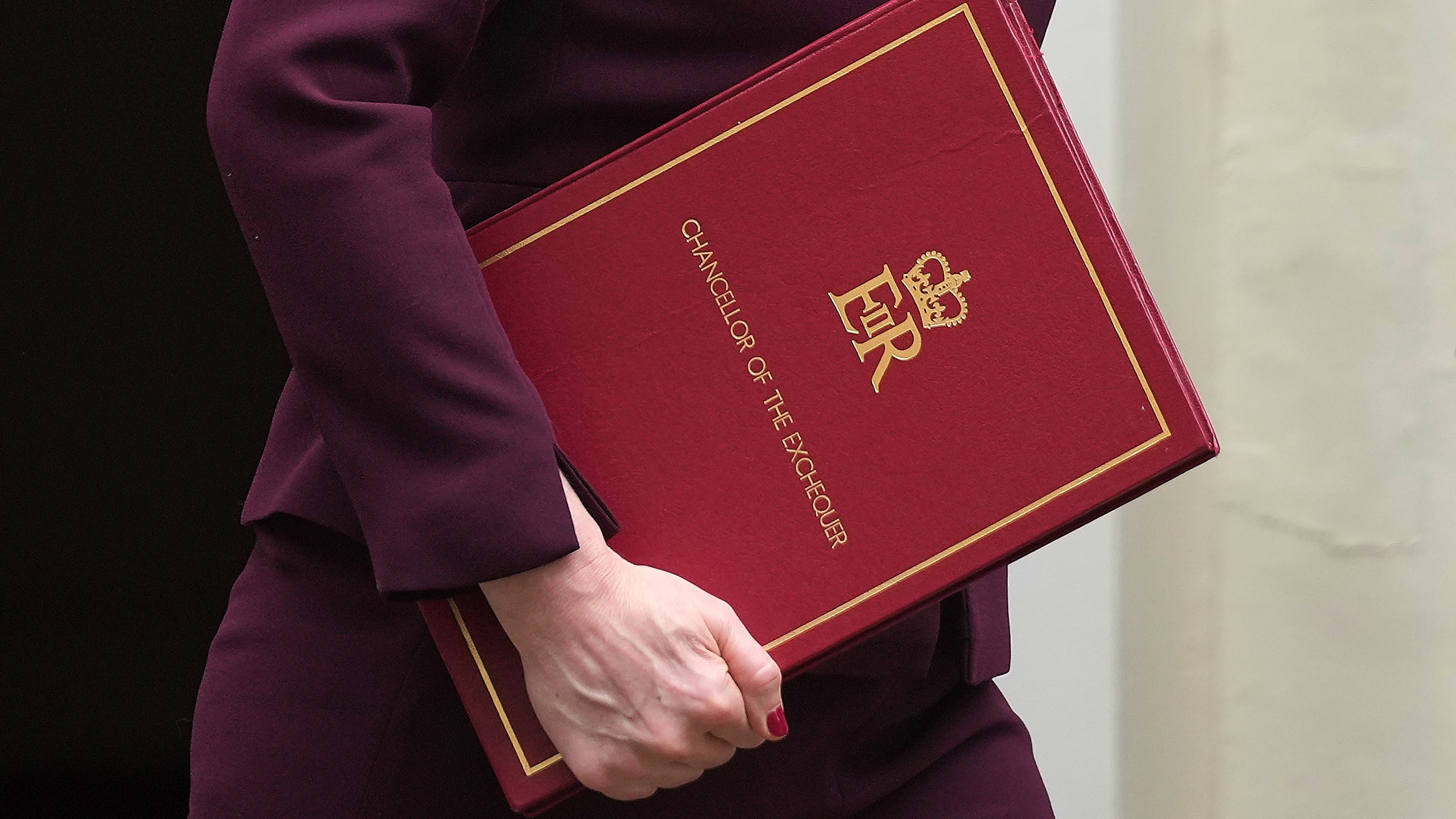Of the UK equity income fund managers that we spoke to, not one believed that we would vote to leave the EU. While it still isn’t clear what the implications will be, the effect has already been felt in markets, most prominently among banks whose share prices have tumbled. Those funds holding banks will be hurt, but it could also be deemed a buying opportunity as markets often overreact. Domestic facing stocks have also been hit hard, exemplified by housebuilders.
Given that mid-caps tend to be more domestic facing, it is no surprise that the FTSE 250 has been hit harder than the FTSE 100, many of whose constituents have a significant proportion of their revenues in USD. Looking forward, the uncertainty arising from the Brexit vote may give rise to a change in the market dynamics that have been favourable for mid-caps and funds with large allocations to them. While investors would be wise to consider such effects, we would always point to the long-term when considering investing in funds.
Below we highlight some sector offerings that we rate positively at Morningstar, which have demonstrated an ability to outperform peers over the long-term.
Royal London UK Equity Income
Martin Cholwill is one of the more experienced managers within the category. He has been the manager of this fund for over a decade giving it a good level of continuity. Cholwill is concerned mainly with cash flows – targeting companies with robust business models whose yields are above average and sustainable. This has seen him delve more into the mid-cap space over the last few years, with the fund holding over 45% as at the end of June 2016, but this is a reflection of where he finds reliable yield rather than a structural bias.
We like his genuine long-term approach – the portfolio turnover sits at around 15% - and the fund’s low fee structure. The fund sat within the top decile of the category over five years to the end of June 2016, and its historic yield stood at 4.6%.
Rathbone Income
Carl Stick has spent nearly his entire twenty-year-long career at Rathbones and has managed this fund since 2000. The fund experienced significant underperformance in 2007 and 2008, but we like that Stick clearly learned from this and has since taken a more thoughtful and cautious approach to investing.
While his process sees him consider four factors when considering stocks (valuation, dynamics, product/management strength and price), there is a clear emphasis on balance sheet strength that runs through the portfolio. As a result, the fund not only sits within the top quartile over five years, it has a significantly lower volatility, giving it one of the better risk/return profiles within the category. Its historic dividend yield stood at 4.1% as at 30 June 2016.
Troy Trojan Income
This fund has benefitted from the oversight of Francis Brooke since its inception in 2004. Troy is a privately owned investment boutique that has its roots in family wealth management, and accordingly there is a strong focus on capital preservation, and hence absolute returns, and the long term. Brooke manages the fund with this in mind, following a well-structured process that targets quality companies with low capital intensity and typically secular earnings growth. This has resulted in a bias towards consumer staples and healthcare and away from sectors such as mining.
The fund has typically had a greater emphasis on large-caps than the category average (it held 75% in large-caps at the end of June 2016) at the cost of mid-caps. We like that the fund has performed exactly as we would expect, proving incredibly resilient in falling markets, but still participating in rising markets. As a result of the approach, the fund sits within the top decile over five years and has one of the lowest volatility figures in the category. Its historic dividend yield at the end of June 2016 was 4.0%.
The FTSE All Share yield at the end of June 2016 was 3.5%.































